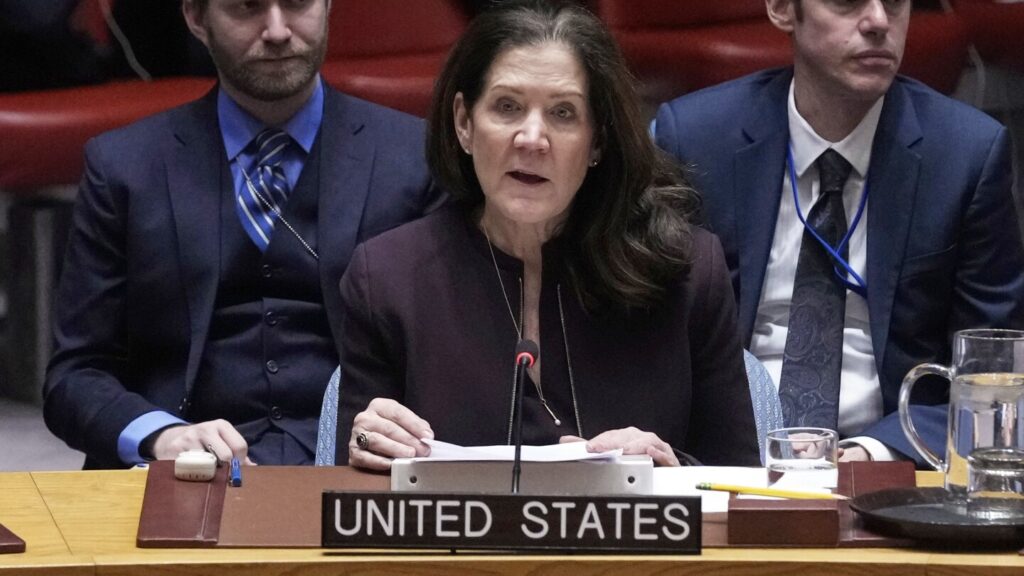Dorothy Shea, the current highest-ranking U.S. representative at the United Nations, has found herself thrust into the spotlight due to the Trump administration’s unconventional foreign policy decisions. Two years ago, Shea strongly condemned Russia’s invasion of Ukraine as unprovoked and unjustified, but recently, she represented the U.S. in voting against a resolution calling for Moscow’s immediate withdrawal from Ukraine. This shift in stance reflects the changing dynamics of U.S. foreign policy under the “America First” approach.
Having served as a diplomat for over 30 years under various administrations, Shea has navigated shifting policies while advocating for U.S. interests. Her diplomatic career has taken her to pivotal locations such as South Africa and Israel, where she worked on significant peace processes. Despite her experiences and expertise, Shea now faces uncertainty as the acting U.S. ambassador to the U.N., with no clear timeline for a Senate-confirmed successor.
The current administration’s proposed drastic cuts to foreign assistance, including funding for international organizations like the U.N., signal a broader isolationist approach. These proposed changes pose challenges not only for U.S. foreign policy but also for global partnerships and the effectiveness of multilateral organizations.
As Shea continues to navigate the complexities of U.S. foreign policy at the U.N., her role remains crucial in representing American interests on the world stage amidst evolving political landscapes and policy shifts.

